This book is based on policy papers written during the nineties at the Ministry of Finance. The fundamental objective of economic policy is to generate equitable economic growth and thus bring about the increased well being of all citizens. The goal of these policy papers was to remove policy distortions that were hindering growth and productivity and to introduce economic and institutional reforms that would accelerate growth. The policy recommendations were shaped by theory and empirical evidence on the one hand, and by institutional/organisational and socio-political constraints on the other. The eighteen essays included in this book encompass a broad canvas : the new paradigm on which the reforms of 1991 were based and integrated policy framework that it entails; policies that have special relevance for ensuring growth with productive employment; macroeconomic reform issue related to the fiscal situation and the external accounts; problems and policies relating to different sectors such as agriculture, industry, telecom, power and urban. Issues such as adoption of value added tax, capital account convertibility, FDI in media, which have been at the centre of public debate, have also been covered in this book. The chapters in this book can be broadly categorised under the following four heads : Growth, Poverty and Employment, Agriculture and Industry, Fiscal, Financial and External, Sectoral Policies
ABOUT THE AUTHOR Arvind Virmani
Arvind Virmani, b. June 22, 1949, is Ph.D. in Economics from Harvard University, USA (1975). His thesis supervisor was Nobel Laureate Prof. Kenneth Arrow. Dr. Virmani is currently Principal Advisor, Planning Commission, Government of India. he also serves as Chairman, Board of Trustees of SBI Mutual Fund, Member of the Board of Life Insurance Corporation of India and Member, Telecom Regulatory Authority of India (TRAI). He is a Member of the Task Force on "Global Strategic Developments: implications and Suggested Response" set up by National Security Council Secretariat. He is a Member of the Technical Advisory Committee (TAC) on Money, Foreign Exchange and Government Securities Markets, Reserve Bank of India, February 2004. he was Director and Chief Executive, Indian Council for Research on International Economic Relations (ICRIER), New Delhi. He has served as Senior Economic Advisor in the Department of Economic Affairs, Ministry of Finance. He was advisor (Policy Planning) to Finance Minister in 1991-92 and 1992-93. Before joining the government he was Senior Economist at the World Bank and was acting chief of the Public Economics Division for a part of this tenure. He chaired the Working Group on Public Debt Management (middle office) and Inter-Ministerial Group on Customs Duty Reform and was Member-Secretary of the Steering Group on Foreign Investment. He was a Member of the Joint Study Group on India-China trade and economic cooperation. he served as Member of the Appellate Tribunal for the Securities and Exchange Board of India (SEBI) and the Depositories Act He has served as Director, Punjab National Bank and Allahabad Bank, and Trustee, Unit Trust of India. Dr. Virmani was Member of the RBI Technical Advisory Group on Money and Government Security Markets, the Steering Group on International Financial Standards and Codes and the UTI committee on reform and stabilisation of the US-64 scheme. He has researched on Macroeconomics and Growth, International Trade and Tariffs and Credit Markets. He has advised and written extensively on all aspects of economic reforms including the book, Acclerating Growth and Poverty Reduction: A Policy Framework for India's Development (Academic Foundation, 2004).

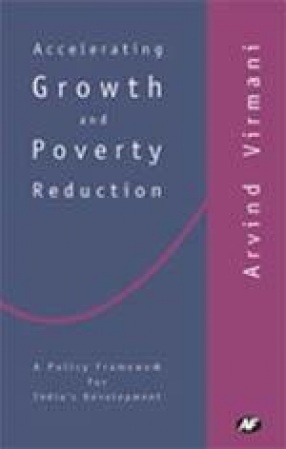
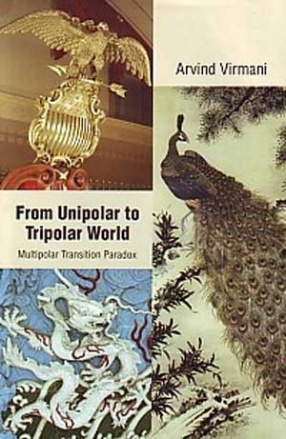
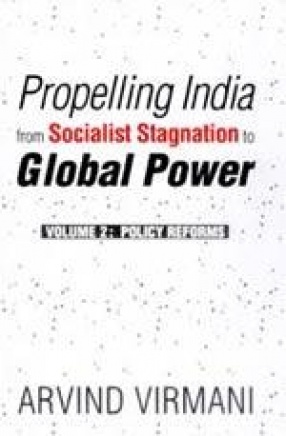
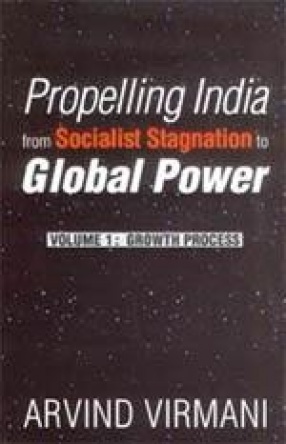

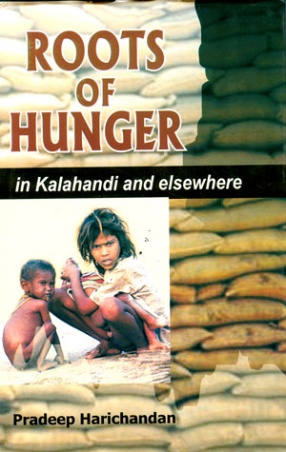
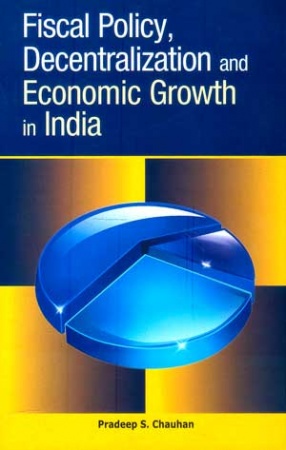
There are no reviews yet.